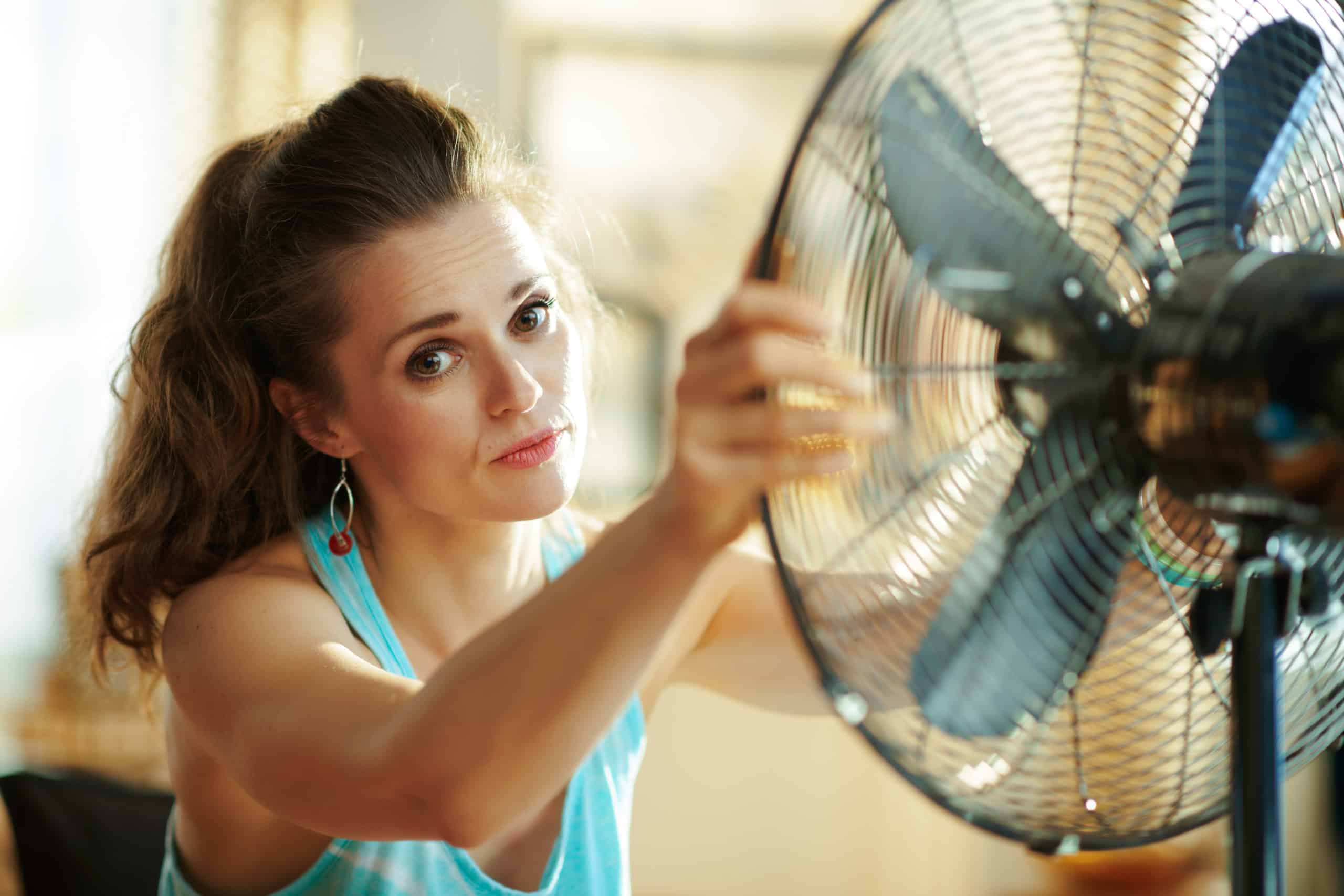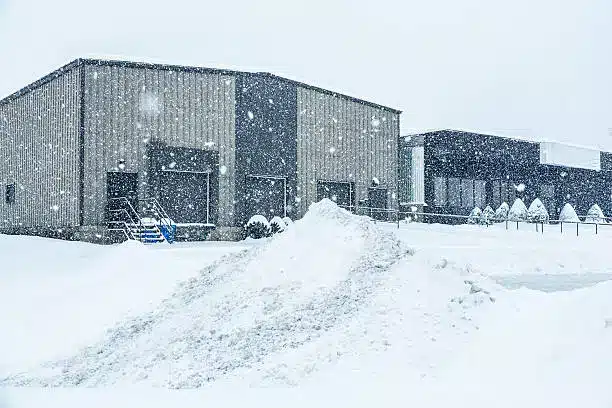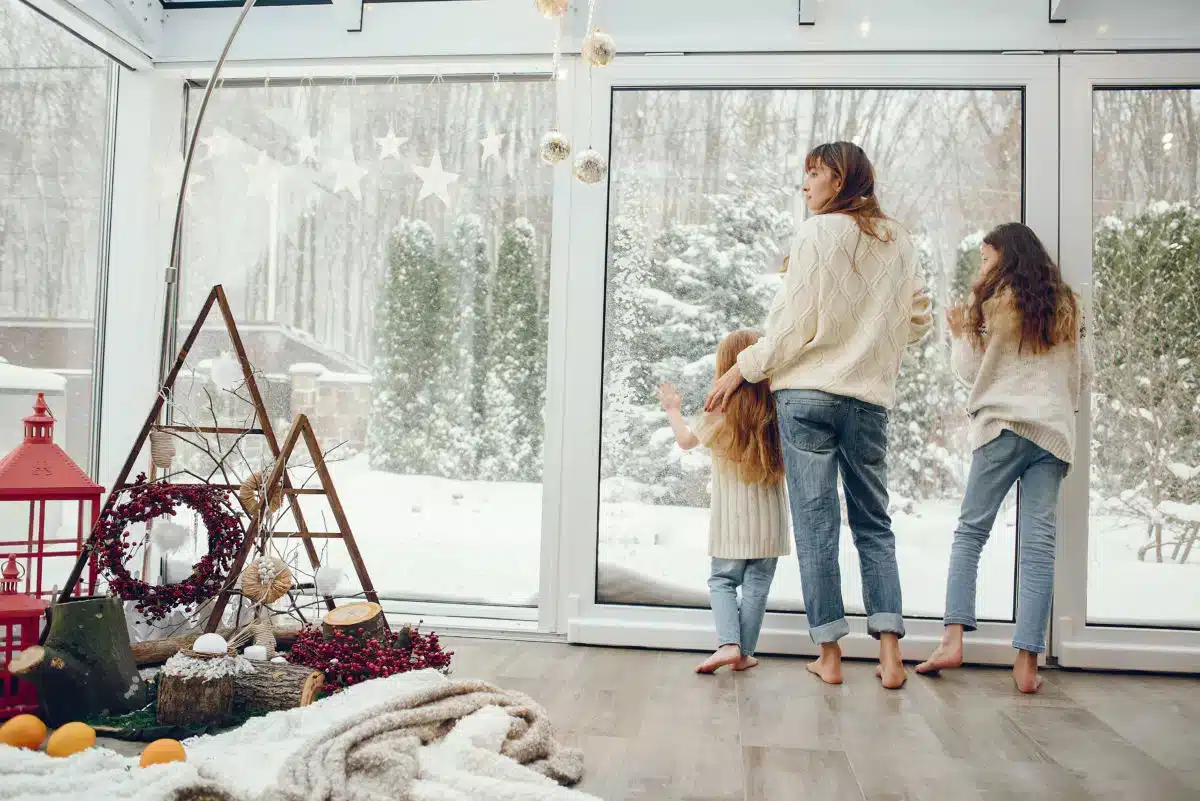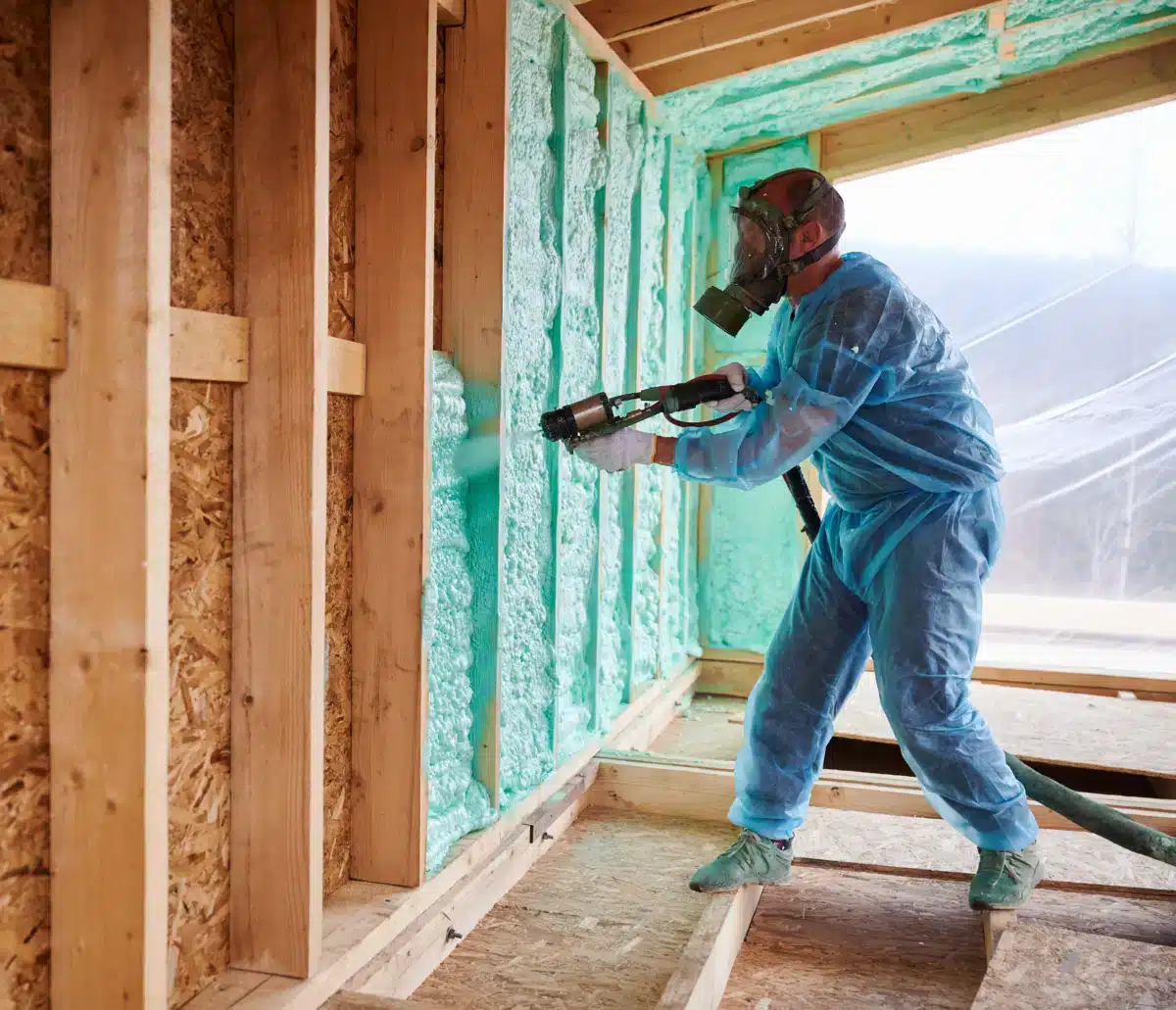It might not seem like that big a deal, but properly insulating your home is vital to you and your home. In this blog, we’ll look at some signs of poor insulation in a house, as well as the benefits you’ll get from proper insulation.
Air Conditioning and Heat Escaping
When you’re trying to cool or heat your house, you don’t want air escaping. The more you crank up the heat or the air conditioning, only for it to escape, the more money you’ll waste on a higher energy bill. The quicker you can fix poor insulation, the more you’ll be able to save on that bill.
Mold Growth
Mold is not only pesky and ugly to look at, but it is dangerous to breathe in. It releases hazardous spores that can damage your lungs.
Mold forms from condensation that gathers on your walls as a result of cold. Some people might develop allergic reactions from breathing in or touching mold as well. Coughing, sneezing, watery eyes, asthma attacks, and even eczema can result from touching or breathing in mold.
Frozen or Burst Pipes
During the winter in colder climates, we keep the heat going to reduce frozen pipes’ risk. With proper insulation, we don’t have to raise the heat too high to protect our pipes. On the other hand, even when we crank up the heat, we still run the pipes’ risk of freezing, or even bursting, with poor insulation. Similarly, condensation can form on metalwork in your home and cause rusting.
Bad Overall Home Health
Overall, things like air escaping through leaks, mold growth, or frozen and burst pipes affect the fabric of your home. If you have to keep cranking up the heat or deal with frozen pipes, it won’t make living in your home enjoyable or pleasant. Plus, the costs will add up after a while. When you increase the amount of energy used to heat or cool your home, you also increase your carbon footprint.
You Might Compromise Your Health
Poor insulation allows for more cold air to move through your home. Cold weather increases cold exposure to people with asthma or other conditions during colder seasons, and poor insulation won’t help. Exposure to cold decreases new cell production and weakens the immune system, especially for elderly people and others with compromised immunity.
Exposure to cold also increases your risk of circulatory disease because it causes your blood vessels to constrict. Even if you’re not an older person or don’t have compromised immunity, good insulation decreases your risk of getting ill through cold exposure.
Cold exposure even affects mental health and productivity.
Benefits of a Well-Insulated Home
So we’ve talked about signs of a poorly insulated house, but we should also discuss the benefits of good insulation: the reasons why you should get it in the first place.
- Not as many pests, including insects, mice, and rats, can get into your home
- Air conditioning and heat cannot easily escape
- Mold won’t form
- Condensation won’t form on your home’s metalwork and promote rust
- Home maintenance costs should remain low, without anything to fix
- Energy bills should be reduced
Overall, home insulation is essential not just for your home but for you and your family’s health. The better insulated your home, the less you risk mold, high energy bills, and discomfort.
Making smart decisions about your home can have a big effect on your utility bills and your comfort. Start the process by scheduling a free Energy Consultation with Superior Insulation Services a division of Superior Improvements Group.





